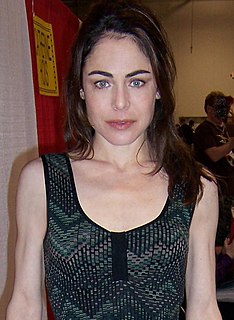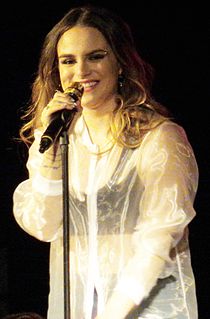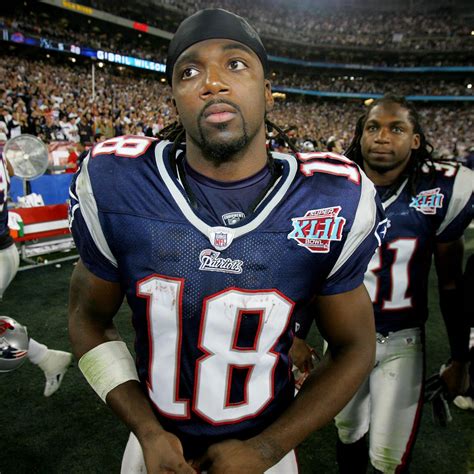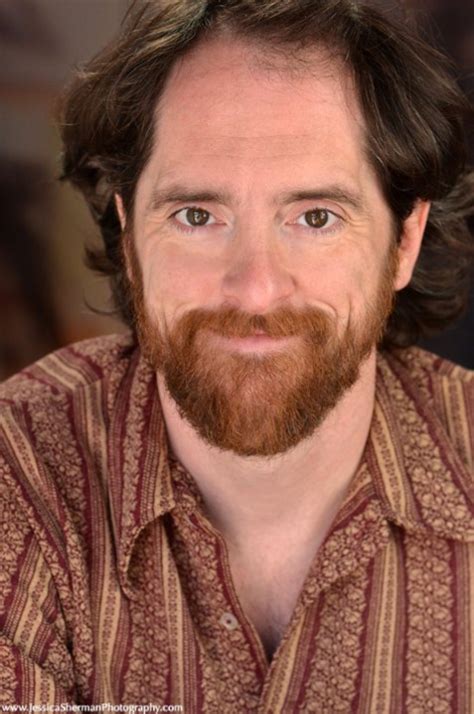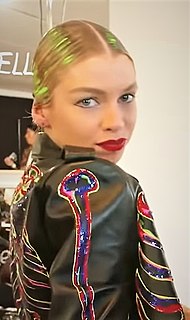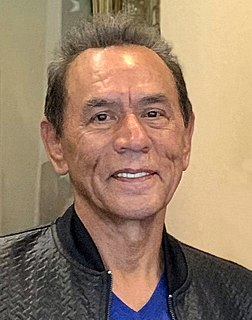A Quote by Yancy Butler
Yancy is actually a Native-American name, but I'm Irish. Go figure.
Related Quotes
You see the one thing I've always maintained is that I'm an American Indian. I'm not a Native American. I'm not politically correct. Everyone who's born in the Western Hemisphere is a Native American. We are all Native Americans. And if you notice, I put American before my ethnicity. I'm not a hyphenated African-American or Irish-American or Jewish-American or Mexican-American.
I think that the whole stigma of the name may still burn deep with some of the Native people, but there are some that it doesn't bother. They actually think it brings enlightenment to the contributions that the Native Americans had in the establishment of our country, but I haven't come up with an idea. I'm not saying the name "Redskins" wasn't derogatory, but the actual changing the name to the Washington Redskins was an honorary move.
Writing in African languages became a topic of discussion in conferences, in schools, in classrooms; the issue is always being raised - so it's no longer "in the closet," as it were. It's part of the discussion going on about the future of African literature. The same questions are there in Native American languages, they're there in native Canadian languages, they're there is some marginalized European languages, like say, Irish. So what I thought was just an African problem or issue is actually a global phenomenon about relationships of power between languages and cultures.
I do know that there have been many Native people - I don't like to call them "Native Americans," I guess, definitely not "Indians" - I've seen and read a lot about there's a big number of Natives that don't mind the Redskins name and they actually embrace it. Although there are a number of groups as well that are opposed to it.
All my family look Irish. They act Irish. My sister even has red hair... it's crazy. I'm the one that doesn't seem Irish. None of the kids in my family, my siblings, speak with an Irish accent... we've never lived there full-time; we weren't born there. We just go there once or twice a year. It's weird. Our parents sound Irish, but we don't.
